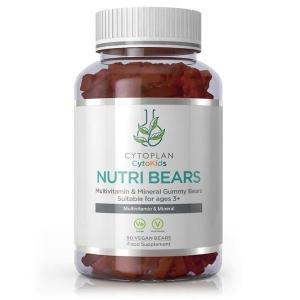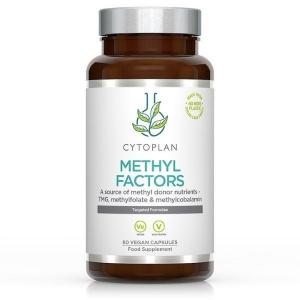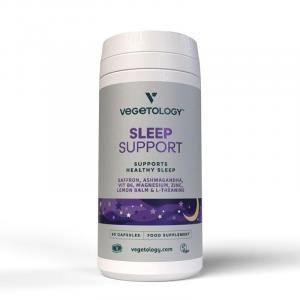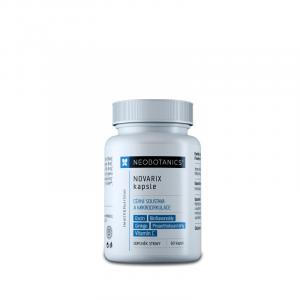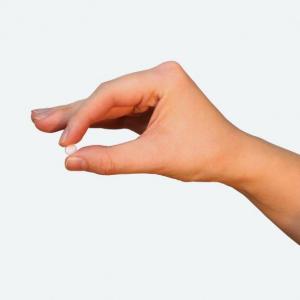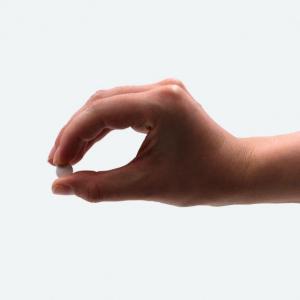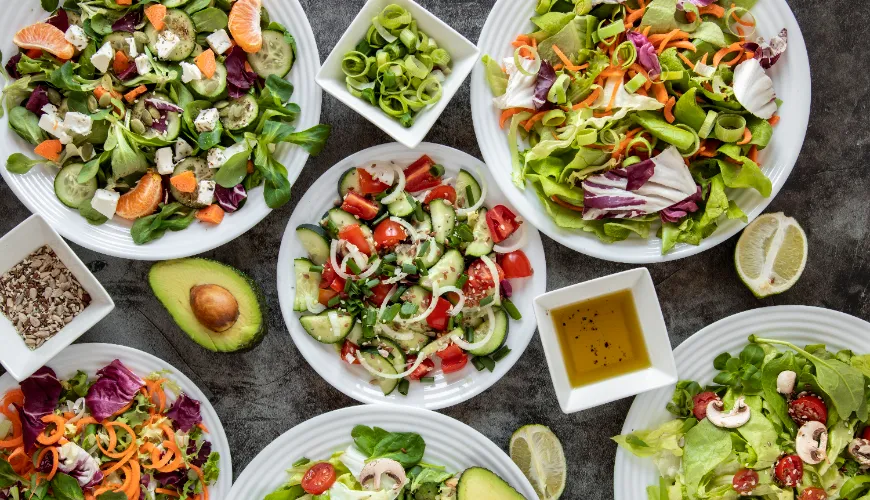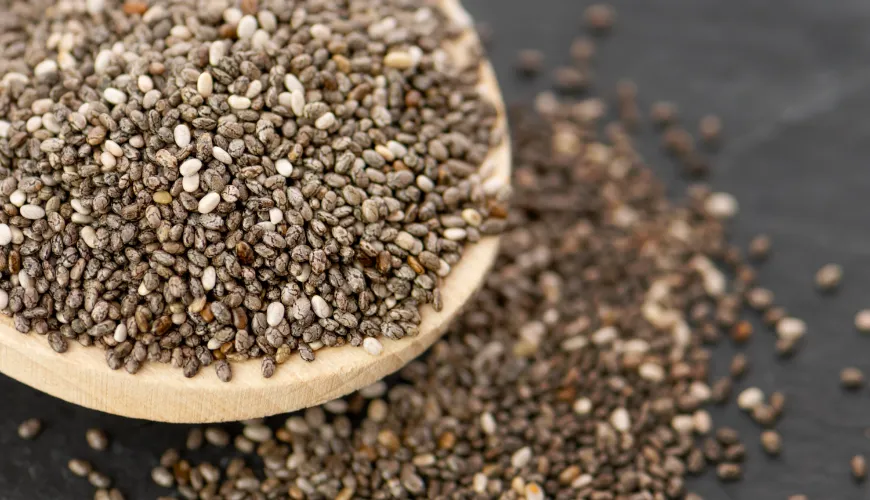
Soft-boiled egg and the secret of its perfect preparation
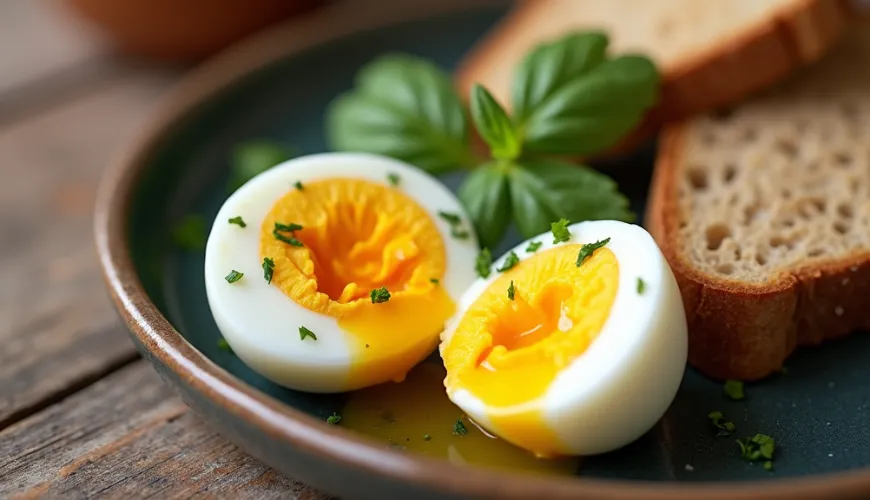
Soft-Boiled Egg - Simplicity That Never Disappoints
A homemade breakfast has a special charm. Especially when it includes the classic soft-boiled egg, which combines a delicate taste, a perfect yolk, and easy preparation. Yet, mistakes are often made with this simple dish. It's not uncommon for the intended soft interior to inadvertently become hard-boiled, or on the contrary, too raw. The question "how long to cook a soft-boiled egg?" is still surprisingly common, even in the era of Google Assistant.
While it may seem that boiling an egg is trivial, there's more to it than meets the eye. Water, temperature, egg size, freshness, and cooling method all play a role. And because small details often make the difference between a perfect breakfast and a disappointing one, it's worth paying attention to them.
When Details Matter
There is no universal "right time" that works for everyone. Still, it's possible to create a recommendation that works in most common conditions. To start, it's good to be clear about what you expect from a soft-boiled egg. The perfect egg has a firm but not rubbery white and a creamy warm yolk that remains liquid but is not raw.
In practice, the ideal result is achieved by cooking the egg for four to six minutes, depending on its size and temperature before cooking. A cold egg from the fridge needs slightly more time than one at room temperature. Similarly, a larger egg requires additional seconds to a minute longer than a smaller one.
How long to cook an egg? It mainly depends on the size and the temperature from which you take it. If you have a small egg at room temperature, 4 minutes is enough. For a medium one straight from the fridge, allocate 5 minutes, and for a large chilled one, go for 6.
The key is also deciding whether to place the egg into already boiling water or heat it together with the water. Both methods have their supporters, but the results differ. Placing it in boiling water is quicker and more precise, as time can be measured immediately, ensuring greater control over the result. On the other hand, heating with water is gentler, and the egg almost doesn't crack.
A Little Kitchen Science
It may sound exaggerated, but cooking the perfect soft-boiled egg is indeed a little science. Just imagine that each egg contains complex chemistry. The white begins to coagulate around 63 °C, but fully solidifies at temperatures around 80 °C. The yolk is similar but coagulates slower, between 65 and 70 °C. That's why it's important to adjust the time and temperature so that the white cooks while the yolk remains silky and liquid.
It's also worth mentioning details like piercing the egg at the blunt end with a needle. This technique helps release the air bubble, reducing the risk of shell cracking during boiling. It may seem unnecessary to some, but in Swiss school canteens, it's common practice.
A Story from an Ordinary Kitchen
Imagine a typical morning. Two siblings, six-year-old Matěj and nine-year-old Anička, sit at the table waiting for breakfast. Mom is preparing their favorite soft-boiled egg. She has her "egg" rules: the eggs must be at room temperature, the water is brought to a boil first, and then the eggs are gently lowered in with a spoon. A timer runs on the stove – exactly 5 minutes. After removing, there's a brief cooling with cold water to stop the cooking process. The result? An enthusiastic "mmm" and a yellow yolk that Anička carefully scoops with a small spoon. Even such a simple dish as a soft-boiled egg can be part of a family ritual.
The Secret to the Perfect Egg
Besides the time and size of the eggs, there are a few tricks that help achieve the perfect result. For example:
- Use a pot with a lid. This keeps the water boiling and the temperature more stable.
- Set an exact timer. An egg can go wrong within just a few seconds.
- Cool the egg immediately in ice water after cooking. This stops the cooking process and makes peeling easier.
- Peel the egg after a while, not immediately after cooling. The shell peels off more easily when the interior relaxes a bit.
Interestingly, according to some chefs, fresh eggs are harder to peel than those stored for several days. Time changes the pH of the whites, which helps with shell separation. So, if you plan to prepare soft-boiled eggs for more people, it's worth having the eggs in the fridge for at least three to five days.
Soft-Boiled Egg in Different Cultures
While in the Czech Republic, it's common to serve a soft-boiled egg in its shell, in Britain, it is often served in a special cup and consumed with toast fingers dipped in the yolk. In Japan, a popular variant called onsen tamago is prepared, where the egg is cooked at a very low temperature for a longer time—usually in thermal water. The result is a creamy texture of both the yolk and the white, resembling a soft pudding.
Each cuisine has found its way of working with eggs. But one thing remains common – the soft-boiled egg is a symbol of simple yet honest cooking.
Why a Soft-Boiled Egg Is a Healthy Choice
Besides its taste and simplicity, a soft-boiled egg also has nutritional benefits. It is an excellent source of quality proteins, vitamin B12, D, riboflavin, and minerals like iron and selenium. A liquid yolk retains more nutrients that could be destroyed during longer cooking. And since no oil or fat is needed for its preparation, it's a light meal suitable even for diets or for children.
Try our natural products
Some people fear cholesterol in eggs, but modern research, such as that from Harvard University, shows that consuming eggs in moderation (e.g., one a day) does not increase the risk of heart disease in healthy individuals. On the contrary, eggs are among the foods with the highest nutritional bioavailability.
Egg as a Symbol
Perhaps this is why eggs appear in so many cuisines worldwide – they are universal, affordable, nutritious, and adaptable. And even though various cooking techniques are often experimented with in the kitchen, the soft-boiled egg remains a constant. It's a dish people prepare at home, in hotel kitchens, and even at campsites with a camping stove. Whether prepared for children, a partner, or guests, it always carries a certain amount of care, simplicity, and homey comfort.
Perhaps that is why we are so drawn to the question of how to cook a soft-boiled egg correctly, even though we have known the recipe since childhood. It's a small ritual that deserves attention – and when done right, it rewards us with a perfect breakfast or a gentle dinner. As the French chef Fernand Point said: "Great cuisine does not arise from great complications, but from perfection in small matters."
